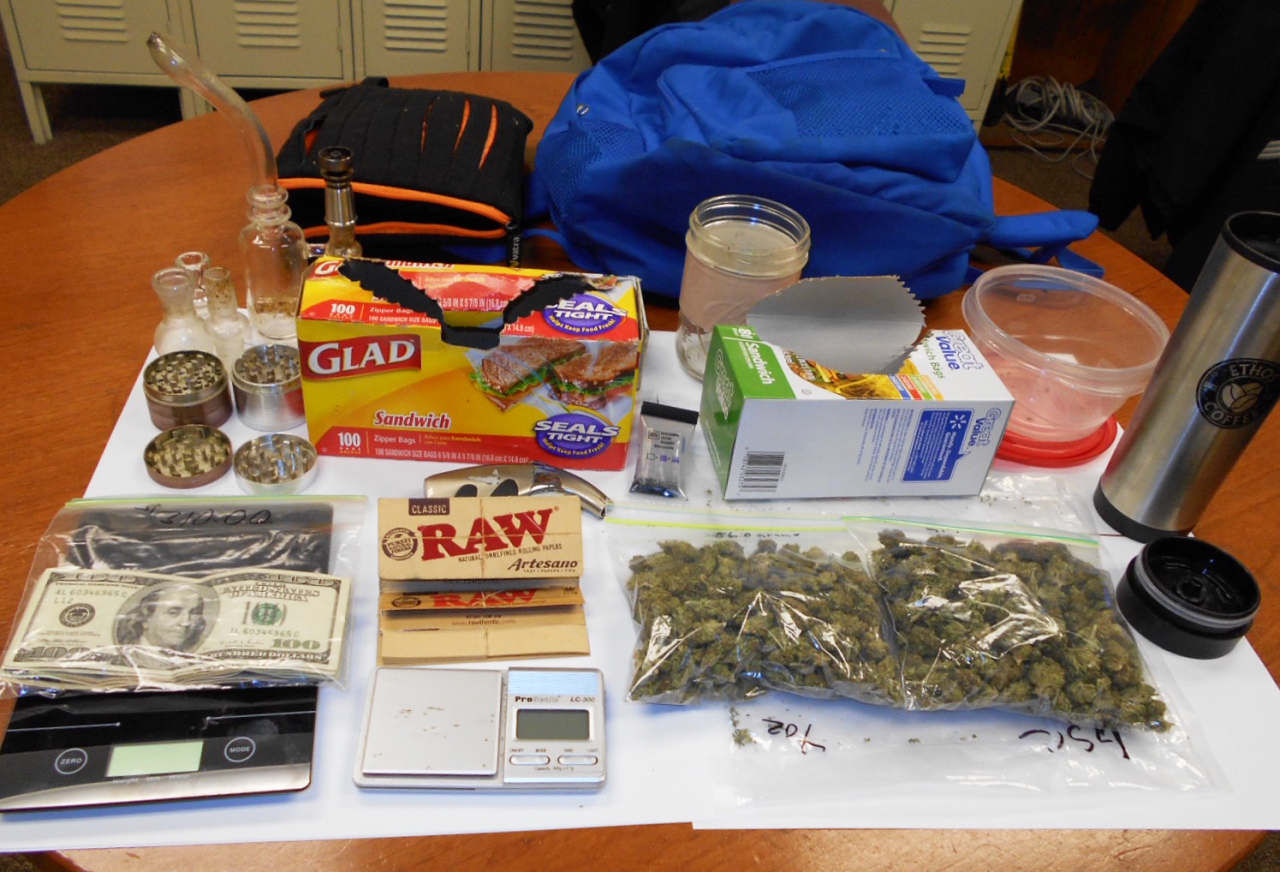Photo by Oliver Chapin-Eiserloh
Will students caught in possession of legal hemp be subject to the same penalties and disciplinary actions as students caught with illegal cannabis?
In a proposed update of Trinity’s drug policy, the answer is yes.
Pending approval by vice president of Student Life Sheryl Tynes, the new policy will prohibit possession of certain hemp-derived goods, despite Governor Greg Abbott’s recent signing of Texas House Bill 1325 in June.
The bill defines legal hemp and hemp-derived cannabidiol (CBD) products as containing under .3% THC, the psychoactive substance in cannabis that can get users high. However, Trinity’s new policy still prohibits possession of hemp because it can be easily confused with illegal cannabis.
This new state law, as well as inquiries from Trinitonian, prompted this change in Trinity policy.
The drug policy in previous student handbooks prohibited the “use, possession, manufacture, sale, or distribution by its students of any illegal drug (or drugs) in any amount or paraphernalia, regardless of location.”
David Tuttle, dean of students, explained that the university has appended the policy with the following:
“Because legal hemp often contains trace amounts of illegal THC, which will show up in field testing as marijuana, hemp is prohibited because it can’t be discerned from illegal marijuana. CBD oils and related products that are legal are generally permitted.”
Though certain hemp and hemp-derived products are now legal, the policy prohibits possession of them, partially due to risks to health and safety.
According to pre-existing policy, possession of hemp on campus would have been allowed, but legal hemp flower looks and smells the same as illegal cannabis flower, and the university lacks the testing equipment necessary to prove that a product contains over .3% THC.
CBD cartridges intended for vaping are also now prohibited because they violate the campus smoking policy, according to Tuttle.
“I think generally, as with facsimile weapons and hemp, anything that could confuse the enforcement staff as being illegal or against policy would be considered so,” Tuttle wrote in a follow-up email. “I believe hemp would be considered the same in disciplinary hearings as marijuana for the same reason. Perhaps on a case-by-case basis, the sanctions may be different depending on circumstances.”
TUPD said the smell or sight of hemp will be probable cause for search and detainment.
“If you’re going to possess something that you know that could be interpreted as something else, it would give that officer reasonable suspicion to investigate to identify what it may or may not be,” said Paul Chapa, chief of police. “Avoid that at all costs, if possible. Not even keep it off-campus — just don’t possess it.”
Chapa emphasized that officers do not hope to search or detain students. He said most cannabis-possession cases are handled through the university conduct process rather than the criminal justice system, except when officers find other illegal drugs or evidence of distribution.
“Our intent here with the Trinity University Police Department is to not be punitive but to create teaching moments,” Chapa said.
Depending on the number and severity of offenses, the university conduct process for cannabis possession can result in sanctions ranging from warnings or fines and — in certain cases, such as repeat offenses or intent to distribute — to suspension or expulsion.
Federally, the legality of many CBD products is still hazy.
“Under federal law, only hemp-derived CBD made in the specific manner required by law is legal,” said Trinity’s general counsel Rachel Rolf in a statement to Trinitonian.
The matrix of state and federal laws around cannabis production, distribution, marketing, possession and use makes the legality of most products difficult to determine. Most consumers might assume a product being sold in-store or online is legal. Rolf warned against this.
“It is important to understand that just because a CBD product is available for sale, does not mean the product meets federal (or state) legal requirements,” Rolf said.
The university aims to have the policy go into effect this semester.














Concerned Stoner • Aug 29, 2019 at 9:15 pm
Create smoking friendly halls and Relax weed regulations. Save the administration a ton of hassle. People are going to smoke at this school. Might as well give people a way to do it without annoying neighbors.